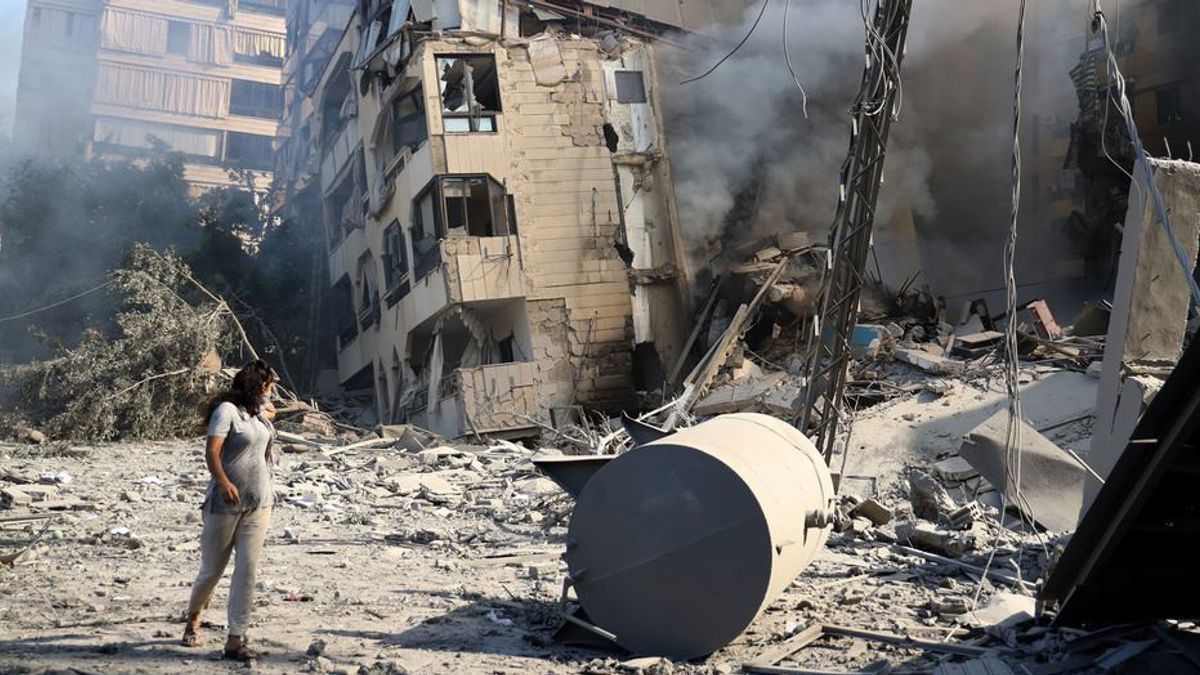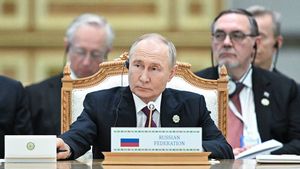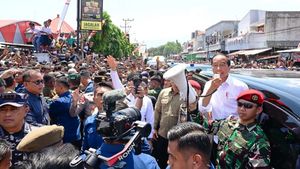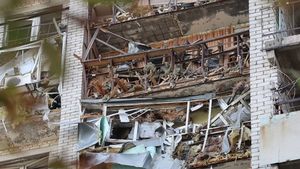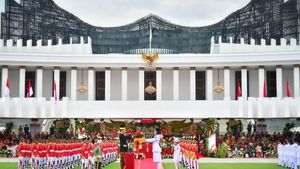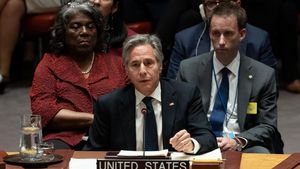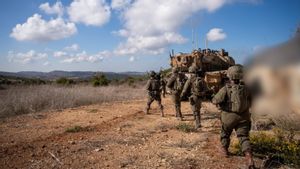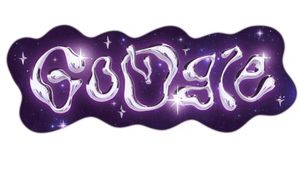JAKARTA - Hezbollah is preparing for a prolonged war in southern Lebanon, after Israel kicked out its top leaders, with a new military command directing rocket fire and land conflict.
Hezbollah weakened after three weeks of devastating Israeli attacks, especially the assassination of its leader Sayyed Hassan Nasrallah.
The Iran-backed group still has a sizeable stockpile of weapons, including the most powerful precision missile yet to be used, four sources familiar with the group's operations said.
But the waves of airstrikes other than Israel are very draining Hezbollah's weapons.
Hezbollah's command was disrupted over the first few days after the assassination of Nasrallah on September 27 until Shiite militants established a 'operative room' just 72 hours later, a Hezbollah field commander and a source close to the group told Reuters.
Nasllah was killed, along with other Hezbollah leaders and an Iranian commander, when Israel found and bombed its bunker under Beirut.
The new command center remains functioning despite Israel's next attack, meaning fighters in the south can fire rockets and fight according to orders issued from the center, according to sources.
SEE ALSO:
Avraham Levine, an analyst at Israel's think tank Alma, said Hezbollah may be "ready and waiting" for the arrival of Israeli troops and they are not easy targets.
"The fact that the chain of command has been broken does not eliminate the ability to shoot the Israeli community or try to attack Israeli forces," Levine told Reuters, describing Hezbollah as a terror soldier as powerful as we all know.
The fighters have the flexibility to carry out orders according to frontline capabilities.
The new command is described as a narrow circle that comes into direct contact with the field. It is rare for a Hezbollah field commander to speak to international media.
Levine said the new command was operating in a very secret manner and did not provide further details about its communications or structure.
Hezbollah has yet to appoint a new leader after Nasrallah, and most likely his successor was also killed. Syiah's deputy leader Sheikh Naim Qassem said this week he supported the ceasefire efforts, but said the group's capabilities were still intact.
Another source familiar with the Hezbollah operation said the group's fixed telephone network was "important" for communications at this time. Sources said the network survived an attack on the group's communications in September.
The English, Chinese, Japanese, Arabic, and French versions are automatically generated by the AI. So there may still be inaccuracies in translating, please always see Indonesian as our main language. (system supported by DigitalSiber.id)
